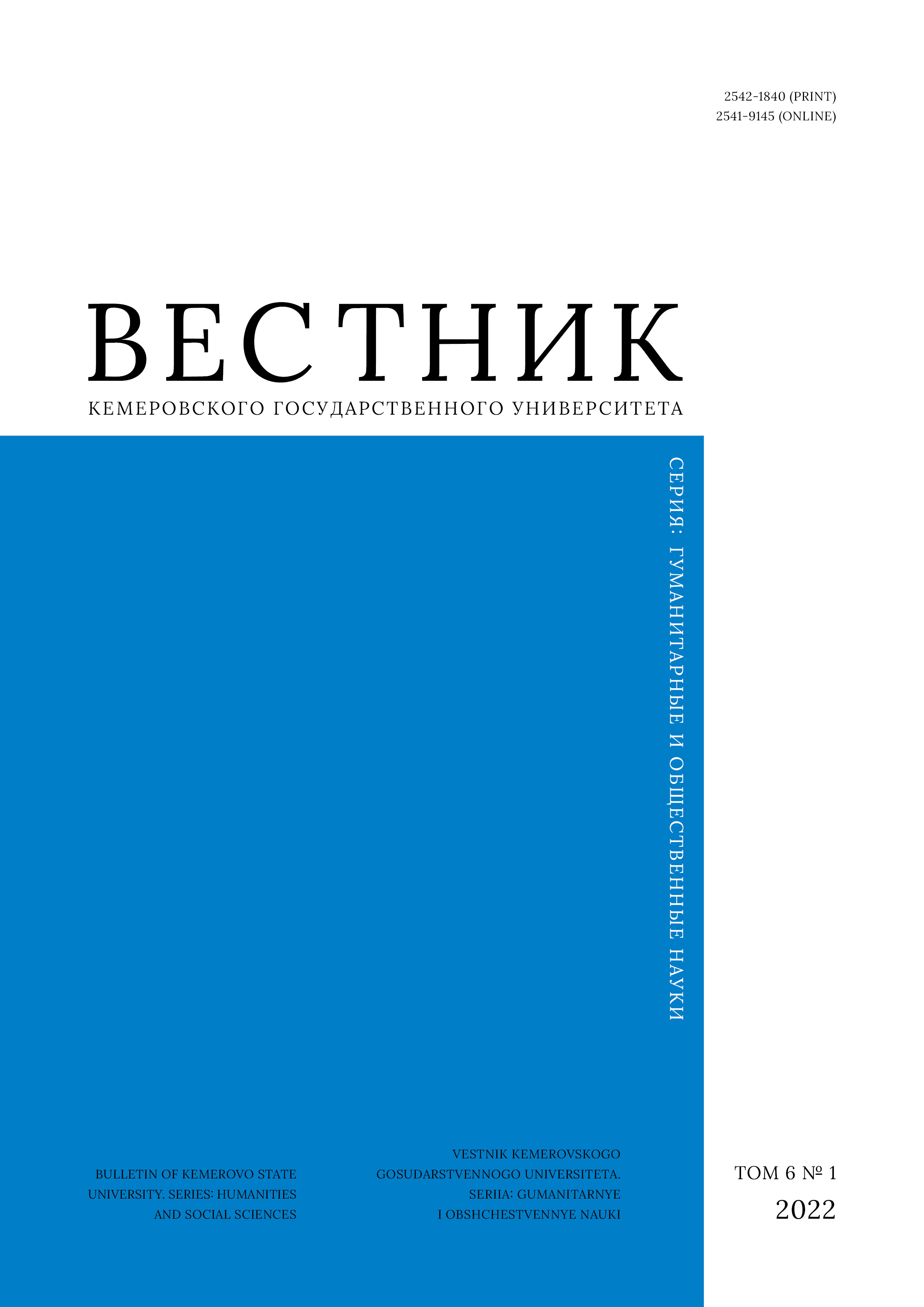from 01.01.2020 until now
Kemerovo, Kemerovo, Russian Federation
Kemerovo, Russian Federation
Kemerovo, Russian Federation
The article features various creative activities that can be implemented at university during the COVID-19 pandemic. The authors compare the concepts of game, carnival, and initiation and describe how these activities shape the image of professional self in students of journalism. Carnival is a game with a fixed set of roles. The authors define carnivalization as a form of pedagogical initiation or a controlled chaos that preserves the autonomy of the academic process. Its participants develop their professional qualities: from passive objects of education, they become its subjects. The article describes the advantages of pedagogical initiation via carnivalization in teaching junior students of journalism. It introduces some useful technologies that can be applied at a university media center.
education, student of humanities, professional qualities of students, game, carnivalization technologies, socialization, initiation, journalism, professional situations
1. Zagibalova M. A. The phenomenon of carnivalization of modern culture. Cand. Philos. Sci. Diss. Abstr. Tula, 2008, 22. (In Russ.)
2. Petrova O. S. Carnival in the system of modern education: from the kumatoid to the labyrinth. Vestnik NGTU im. R. E. Alekseeva. Seriia: Upravlenie v sotsialnykh sistemakh. Kommunikativnye tekhnologii, 2013, (4): 81-86. (In Russ.)
3. Bakhtin M. M. Francois Rabelais' creativity and folk culture of the Middle Ages and Renaissance. 2nd ed. Moscow: Khudozh. lit., 1990, 543. (In Russ.)
4. Zimina I. S. Modern variant of nitiatiay during old age teenagers. Pedagogicheskoe obrazovanie v Rossii, 2010, (2): 75-82. (In Russ.)
5. Ivanov I. P. Encyclopedia of creative activities. Moscow: Pedagogika, 1989, 208. (In Russ.)
6. Andreeva G. M. Social psychology. 5th ed. Moscow: Aspekt Press, 2017, 363. (In Russ.)
7. Ustyugova S. V. The game as a means of education: from A. S. Makarenko to the present day. A. S. Makarenko - a man, a teacher, a scientist, and a writer: USSR, Russia, Ural: Proc. 10th All-Russian Makarenko Pedagogical Readings for Students, Ekaterinburg, 18 Apr 2013. Ekaterinburg: Raritet, 2013, 259-263. (In Russ.)
8. Berne E. L. Games People Play. The Psychology of Human Relationships; What Do You Say After You Say Hello? The Psychology of Human Destiny. Leningrad: Lenizdat, 1992, 400. (In Russ.)
9. Vygotsky L. S. Play and its role in the mental development of the child. Voprosy psikhologii, 1966, (6): 62-76. (In Russ.)
10. Zaporozhets A. V. Selected psychological works. Vol. 1. Mental development of the child. Moscow: Pedagogika, 1986, 320. (In Russ.)
11. Karpova S. N., Lysiuk L. G. Game and moral development of preschoolers. M.: MSU, 1986, 144. (In Russ.)
12. Rybalko E. F. Age and differential psychology. St. Petersburg: Piter, 2001, 224. (In Russ.)
13. Stepanova O. A. Psychological and pedagogical potential of children playing: retrospective and contemporary approaches. Nachalnaia shkola plius Do i Posle, 2006, (1): 3-11. (In Russ.)
14. Fromm E. S. Escape from freedom. Moscow: AST, 2009, 288. (In Russ.)
15. Prokhorov E. P. Introduction to the theory of journalism. 5th ed. Moscow: Aspekt Press, 2003, 367. (In Russ.)
16. Kon I. S. Psychology of a high school student. Moscow: Prosveshchenie, 1982, 207. (In Russ.)
17. Dzvonik V. P. Initiation as a tool for the development of leadership qualities of socially active high school students: the case of the school of leaders "The restless hearts of Kuzbass") (Kemerovo State University). Vestnik Kemerovskogo gosudarstvennogo universiteta. Seriia: Gumanitarnye i obshchestvennye nauki, 2019, 3(4): 309-315. (In Russ.) https://doi.org/10.21603/2542-1840-2019-3-4-309-315
18. Journalism: New Challenges, eds. Fowler-Watt K., Allan S. Bournemouth: Centre for Journalism & Communication Research, Bournemouth University, 2013, 523.


















